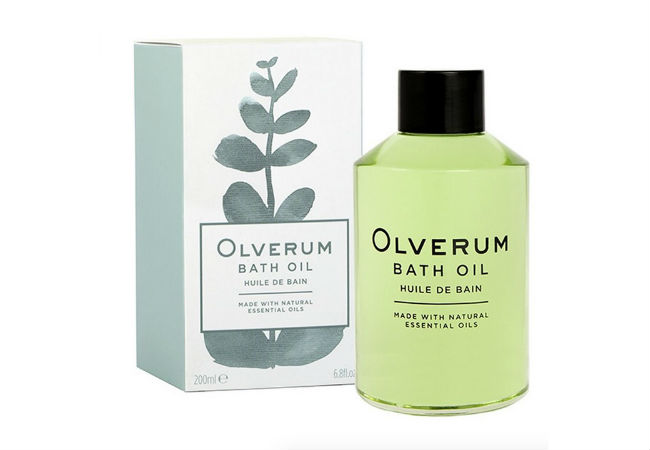The hectic daily schedules that come with the way we live today leave us little time to get the beauty sleep our bodies and minds deserve, and a lack can play havoc with both. With National Sleep-in Day on 25th October 2015, we are all looking forward to an extra guilt-free hour in bed – and so we should be, for more reasons than you might imagine.
Countless scientific studies up until now have shown the strong correlation between quality sleep and good health – but according to NHS choices, it is thought that a third of us in The UK have episodes of insomnia. As well as leaving us tired and grouchy, sleep deprivation has been proven to have a negative influence on a range of health related issues, from a compromised immune system – making it harder to fight off illness – to weight gain.
In a recent interview, celebrity chef Jamie Oliver admitted that his excess weight was partly due to lack of sleep, having at one stage only slept for three and a half hours per night. Nowadays, however, he makes sure to hit the hay at 10pm on a nightly basis – and he certainly looks all the healthier for it.
There is solid science to back the connection between weight gain and sleep loss, because the hormones leptin and ghrelin are responsible for appetite. Lack of sleep results in a compromise of balance, largely by decreasing the levels of leptin and increasing the levels of ghrelin – which (you’ve guessed it) leads to weight gain.
In February, America’s National Sleep Foundation (www.sleepfoundation.org) released new recommendations on just how much shuteye we need: For adults aged between 18 and 65, the range is seven to nine hours.

So what can you do to ensure that you’re getting a sufficient amount of beauty sleep?
Sleep problems may be solved naturally – and often, relatively quickly – by the use of certain essential oils. Bath oils such Olverum Bath Oil offer a unique blend of 10 essential oils which has eased tension and promoted restful sleep in users for over 8 decades.
Taking a warm bath an hour before bedtime using doesn’t just feel luxuriously pampering , but is also a great way to employ those specific essential oils which are scientifically proven to help you get a great nights’ sleep. How? Well, it’s all down to an incredible mechanism in our brain called The Limbic System.
Leading aromatherapist Karina Cox from www.calmspaces.com explains how essential oils work on the Limbic system:
“Can you cast your mind back to a time when a particular aroma caught you unawares, and you suddenly found yourself smiling? Maybe there was a heady waft of jasmine, caught on the night-time breeze on a Greek island holiday?
“Or perhaps the sweet and spicy aromas of cinnamon, ginger or orange during a childhood Christmas, filling you with festive spirit and a sense of comfort?
“Now, every time you smell these aromas, you are transported back to those first experiences – suddenly you feel imbued with happiness, calm, bliss or even sleepiness.”
But what exactly is it that is happening here? How can aromas affect our mind and our mood so profoundly, and so swiftly? Are the effects purely psychological, or are there physiological changes occurring, too?
The answer is both. The ‘Limbic System’ is a complex system of brain structures which governs our most basic emotions and drives. Imagine inhaling some lavender essential oil, for example. Once the molecules of essential oil reach the limbic brain, the parasympathetic nervous system starts to do its work – blood pressure and stress hormones adjust, and feelings of relaxation flood your body and mind. The area of the brain concerned with memory will “file” this experience, so that thereafter, each time you smell lavender oil, this cascade of positive effects will kick in.
Numerous scientific results back up these findings. For example, The Japanese Journal of Pharmacology researchers found that the simple inhalation of certain “calming” essential oils reduced relative sympathetic nervous activity by 40%. The close relationship between aroma and emotions is a highly complex, but proven, one,” she says.
So, what does this all mean for us? Well, a lot more long, relaxing baths, for a start. If we ever needed another excuse as the colder weather begins to set in, then now we’ve got it – glass of champagne optional.






















